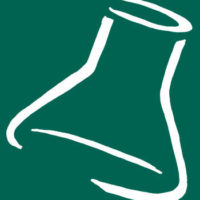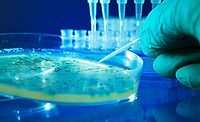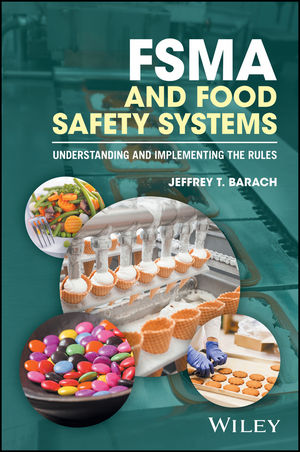Simplifying the Use of Microbiological CRMs in Food Safety Microbiology Laboratories

ISO 17025, Section 5.9.1 states that laboratories shall have quality control procedures for monitoring the validity of all tests and calibrations undertaken. Paragraph “a” of the same section suggests routine use of certified reference materials (CRMs) or secondary reference materials as an appropriate procedure to fulfill requirements of this clause.
“Implementation of routine CRM use in the food safety microbiology laboratory must enhance the laboratory’s data quality while being easy to do in an economic manner,” says Mark Hammersla, NSI Solutions president and CEO. “Over the past 25 years or so, test methods have been streamlined and simplified, unit test costs have dropped and confidence in results has soared. Currently available CRMs for food safety microbiological testing do not typically meet the goal of simplicity and economy. After reviewing commercial availability of CRMs, we determined that some enhancements to product design and certification protocols could be implemented so that provision of CRMs could keep pace with testing-technology evolution. We felt we could design products that were more economical to use than in house-produced reference materials.”
Microbiological CRM validation protocols used by most manufacturers are non-selective. The techniques include spiral plate counting on blood agar or enumeration by flow cytometry. While these techniques are well established and yield precise results of high confidence, the results are not always commutable with commonly performed selective media methods and can differ by 35 percent or more. These issues leave the food testing laboratory with the laborious task of determining the performance of the CRM for its selective methods and further results in the loss of the critical element of third-party certification for a specific media/method.
Many quality assurance (QA) systems in 17025-accredited microbiology laboratories require use of positive controls on a daily basis when tests are performed. Given the range of pricing observed for quantitative-positive CRMs, their limited shelf life after preparation and their generally accepted single organism design, routine CRM use for laboratories performing numerous types of microbiological tests can quickly become cost prohibitive.
Rather than stop with the initial non-selective enumeration of its CRMs, NSI enhances its procedure by adding common food testing methods, third-party collaborative laboratory testing and multiple matrix types to its certification process. The result is a line of food safety microbiological CRMs certified for the methods processors use every day, with value assignments and performance limits applicable to all selective methods and matrices. Method-specific CRMs have been developed for numerous, commonly performed test protocols, including aerobic plate count (APC), rapid coliform enumeration, yeast/mold, Enterobacteriaceae, coliform counts, coliform/Escherichia coli counts, Staphylococcus aureus, high-sensitivity coliform counts and environmental Listeria.
Recognizing that many laboratories are performing numerous types of tests daily and are accredited for multiple methods, compatible organisms were combined to expand the use of a single CRM product to multiple tests. This creative packaging concept keeps the cost of use to an appropriate level. For example, the cost to conduct daily QA for a laboratory performing just one test, such as APC, is just $7.50 per day. By combining multiple organisms into a single CRM, the cost to conduct daily QA for multiple tests can be further reduced. NSI has developed a multi-organism microbiological CRM that can be used for up to seven different routine food safety analytical methods. If a laboratory used it to conduct QA for all seven test procedures, the cost per QA test would be less than $2.00 per day.
“We have also added additional certification in both dairy and meat matrices to broaden the applicability of the product for our customers,” adds Angela Dudley, NSI’s Microbiology Technical Manager. “All of this certification data is supplied on the product certificate of analysis, and we can even assess the product performance in different food types if a customer needs us to do so.”
The end-result is quantitative microbiological CRMs that both enhance data quality and are very easy to implement and affordable to use.
NSI Solutions microbiological CRMs are manufactured from pure reference cultures under an ISO Guide 34-accredited QA system. The CRMs are further certified in NSI’s ISO 17025-accredited laboratory. The materials are expiration dated, stable for up to 18 months from manufacture and supplied fully documented. To learn more, visit www.nsi-es.com/foodmicro or contact Mark Hammersla at mark.hammersla@nsi-es.com.
www.nsi-es.com/foodmicro
Looking for a reprint of this article?
From high-res PDFs to custom plaques, order your copy today!








